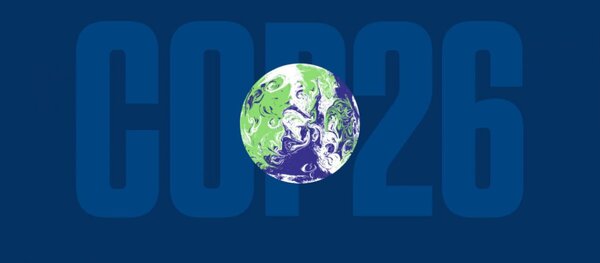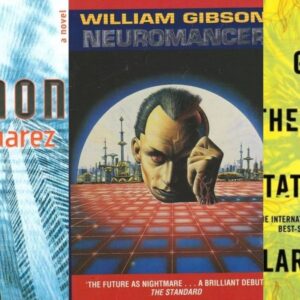World Leaders & Activists gathered in Glasgow, Scotland for a crucial United Nations climate summit. The outcome from their discussion will probably determine the future of world. The UN Secretary-General Antonio Guterres opened with a warning: “Enough of brutalizing biodiversity, enough of killing ourselves with carbon. Enough of treating nature likes a toilet. Enough of Mining & Drilling – we are digging our own graves.”
Meanwhile, in Bangladesh, it is the biggest delta, and many islands are in danger of vanishing in the next decade if sea levels and global temperatures continue to rise. That is proving that poor countries like Bangladesh will end first.
For Bangladesh, the climate crisis is real trouble. Eventually whatever will happen to Bangladesh will happen to the rest of the world, if we can save Bangladesh, we will be able to save the world.
Countries like Bangladesh are rich in trees, forested areas, especially the Amazon and Sundarban need to be restored. Bangladesh needs to have a healthy nature.
Fossil fuel is completely unnecessary, because the country is able to produce solar power from the sun, and it gets plenty of sun. Renewable energy is the cheapest power on the planet. But the reason that it’s not rolling out fast enough is precise because of countries like Saudi Arabia, who are trying to make money off the end of the world.
To protect the planet, more specifically to protect our motherland we should follow the Indigenous people’s knowledge, that we cannot sell Father Sky, we cannot sell Mother Earth or the trees in the capitalistic project. So we’re for these conservation projects, biodiversity protection projects, but outside of a carbon market system.
Here, the traditional knowledge means that the government is going to have to wake up and have to cut emissions at source, keep fossil fuels in the ground, and restore and maintain our healthy ecosystems of biodiversity.
Now we have to stop funding our destruction. We have to stop picking the fossil fuel industry over people’s lives. What we need is to have those drastic carbon dioxide emission cuts, with actual plans and steps how to get there.
Though it’s very late if we all have to join the struggle of the most marginalized and of the environmental defenders, for our planet as well as common liberation. And we’re not doing this alone, it’s also something that really helps shape how you approach the climate justice movement because then you remember that it always has to be a collective effort. It always has to be a community effort. And that’s really what we’re doing here. We’re building a world together.
Equally, our leaders also have disappointed us. If they really cared, then they would be seeing drastic emission cuts. Stop all Coal-fired stations. With public ownership, we could cut energy bills, and carbon and build a 21st-century train network with affordable fares, climate policies would retrofit homes, reduce emissions and costs. Building solar panels and wind turbines, creating millions of jobs, unionized green jobs. We can do this if we take on the billionaires and fossil fuel industry, using our countries wealth for public need, not private greed. The current system is incapable of acting at the speed and scale that is needed, and it definitely won’t act in the interest of working people. The pandemic has shown that big changes are possible. That’s what we need, and more for the climate crisis. It’s an emergency, and we need to start acting like it.
We have to remember that the system that we have, that’s so obsessed, really, with profit and using colonialism and imperialism and capitalism to exploit people’s lives, especially people of color, is the system that we have that has brought us to the climate crisis. With that point, WhatsOn is trying to change the system. WhatsOn is trying to make sure that we have a world where no one is left behind.
We need to uproot the system so that we are looking at the roots of the climate crisis. It’s not just an environmental problem. It’s not just a problem with carbon dioxide emissions. At its core, it’s a systemic problem that impacts people. It’s a system that has caused not just the climate crisis but also all the other socio-economic crises, like racism and sexism, and class inequality. All of these socioeconomic crises, amplify the climate crisis and are amplified by the climate crisis.
So the only way to solve the climate crisis is to uproot the system.













